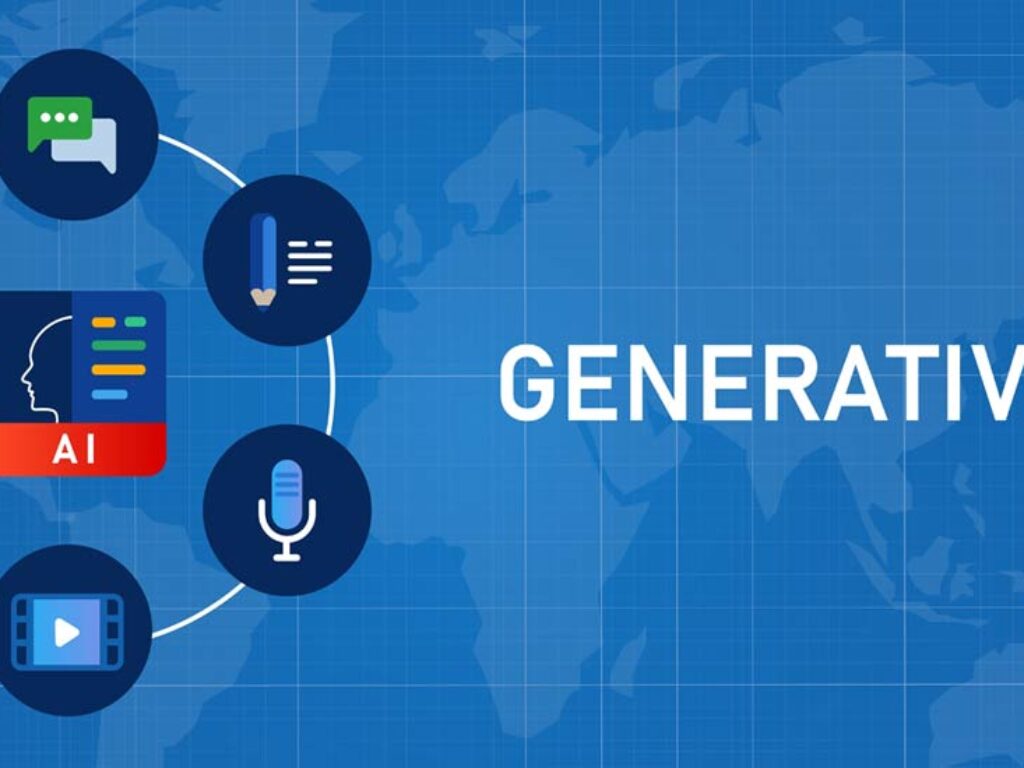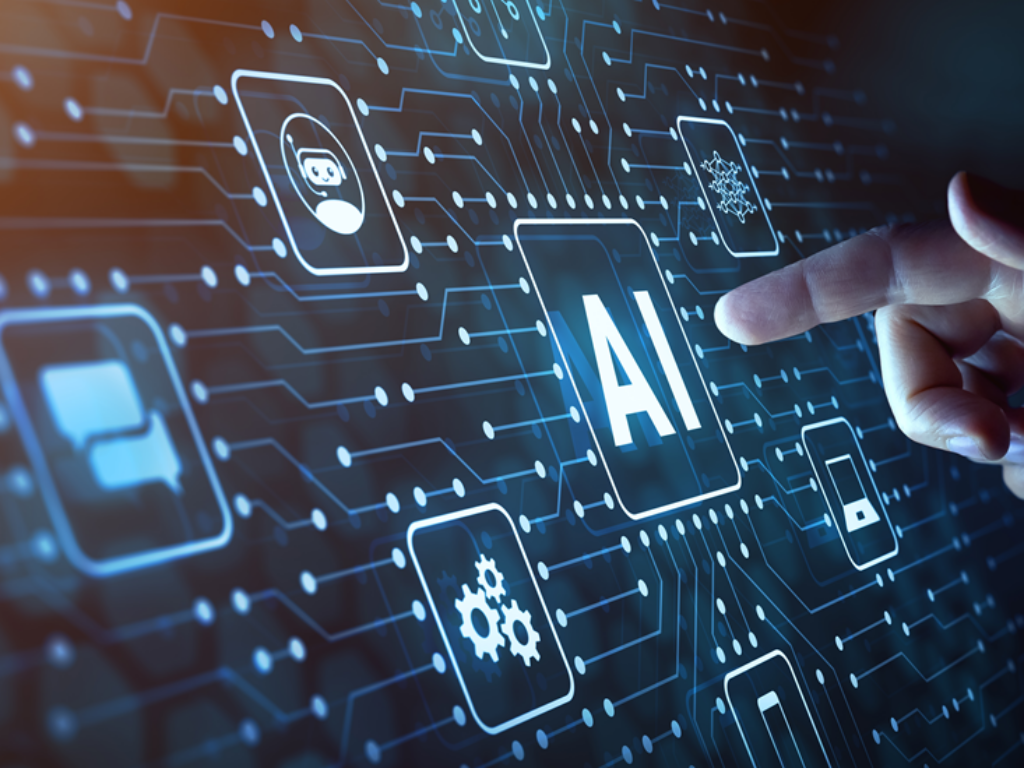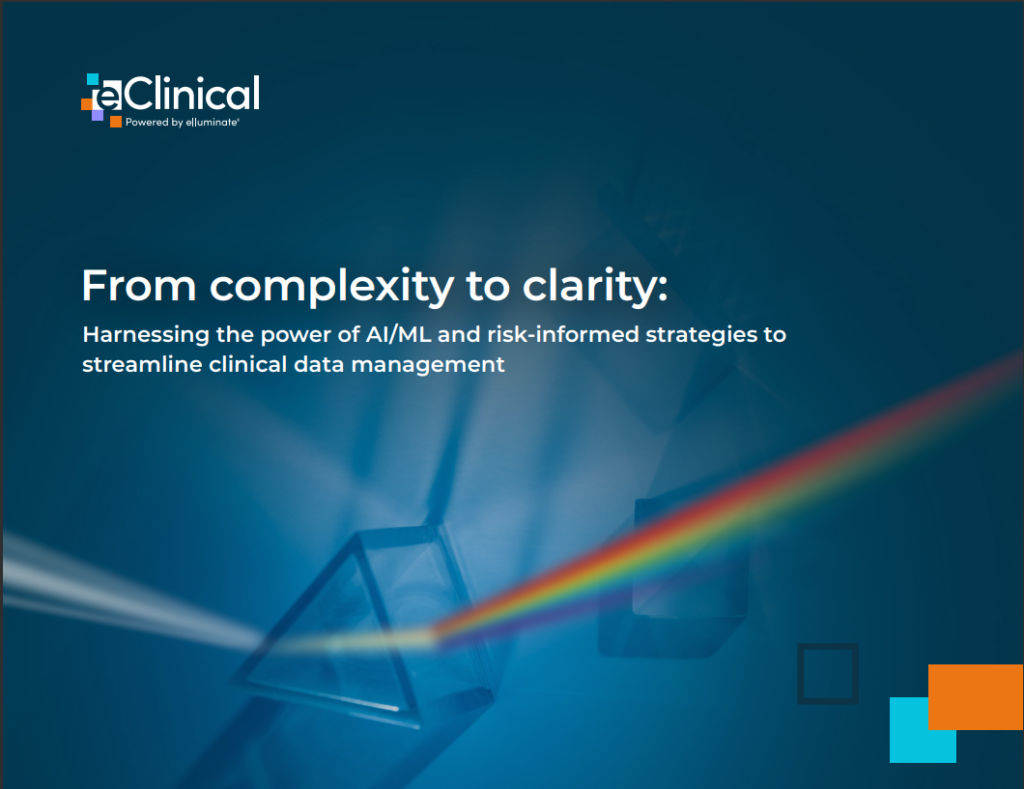Hyperion Research announced that it has updated its market sizing for the HPC (technical computing servers) market precipitated by the unprecedented impact AI has had on the market. In addition to revenue from traditional HPC suppliers, revenue attributed to non-traditional HPC suppliers, which often comes from non-traditional HPC buyers, is now included.
Hyperion Research Announces a 36.7% Increase in the HPC/AI Market Size
New RAND Research – Why do AI Projects Fail?
By some estimates, 80% of AI projects fail – more than double the rate of non-AI IT projects – but why? A group of RAND researchers investigated this issue and found five key problems leading to failure.
Synthetic Data Solves AI’s Biggest Problem
In this contributed article, Kalyan Veeramachaneni, co-founder and CEO of DataCebo, discusses how synthetic data is a useful application of AI technology that is already delivering real, tangible value to customers. More than mere fake data, synthetic data supports data-driven business systems throughout their lifecycle, particularly where ongoing access to production data is impractical or ill-advised.
Major AI Act Will Heavily Impact The Unprepared & Indecisive
Last week, the EU’s AI Act finally went into effect following final approval from EU member states, lawmakers, and the European Commission. The AI Act aims to govern how companies develop, use, and apply AI. This will be done via a risk-based approach to regulation. Each AI application will be monitored and categorized based on the “risk it poses to human society.”
Boomi Discovery Report Reveals More Than Half of Enterprises Invest in GenAI for Integration and Automation
Boomi™, the intelligent integration and automation leader, announced findings from its Boomi Discovery Report, commissioned by 451 Research. The report, based on perspectives from 650 business and IT leaders across a broad range of industries, outlines how enterprises are using Generative AI (GenAI) to integrate systems and automate processes, and how this has helped their business operations as a result.
AI Aspirations Threatened by Lack of Skills for Over a Third of Global CIOs
Over one third (35%) of global enterprises are struggling to retain or attract crucial skills in AI, data and automation, which is threatening their optimistic AI ambitions. This is according to research from an IDC InfoBrief, commissioned by Expereo, “Enterprise Horizons 2024” which highlights a critically low supply of AI expertise, despite AI now being considered as the biggest priority for CIOs across the world.
Data Due Diligence is Critical to Maintaining Compliance and Mitigating Breaches During and After M&As
In this contributed article, Fredrik Forslund, Vice President and General Manager of International Sales for Blancco Technology Group, emphasizes the importance of adhering to cybersecurity and data governance best practices prior to an M&A to prevent a data breach and ensure the protection of an organization’s customer and corporate data.
US Businesses Rank Among Global Leaders in Demanding AI Accountability, Transparency per BSI Report
A new report released by the global business improvement and standards company BSI finds that 90% of US business leaders say their company encourages the use of AI or has confidence in their ability to successfully harness its benefits.
Cognizant & Oxford Economics’ Companion Study to their “New Work, New World” Report Shows Cautious Optimism Among Enterprises Adopting AI
Cognizant (NASDAQ: CTSH) has released a companion analysis to its comprehensive 2023 study with Oxford Economics, and the new report – titled “New Work, New World: Quantifying Global Gen AI Momentum” – outlines cautious optimism is driving current market adoption of generative AI across various industries and geographies.
Transforming AI’s Memory Constraints: The Evolution with CXL Technology
In this contributed article, Jianping (JP) Jiang, VP of Business, Operation and Product at Xconn Technologies, discusses how the integration of CXL technology is a pivotal moment in overcoming the memory barriers faced by AI and HPC applications. By significantly enhancing memory bandwidth, capacity, and interoperability, CXL not only optimizes current workloads but also sets the stage for future advancements.












